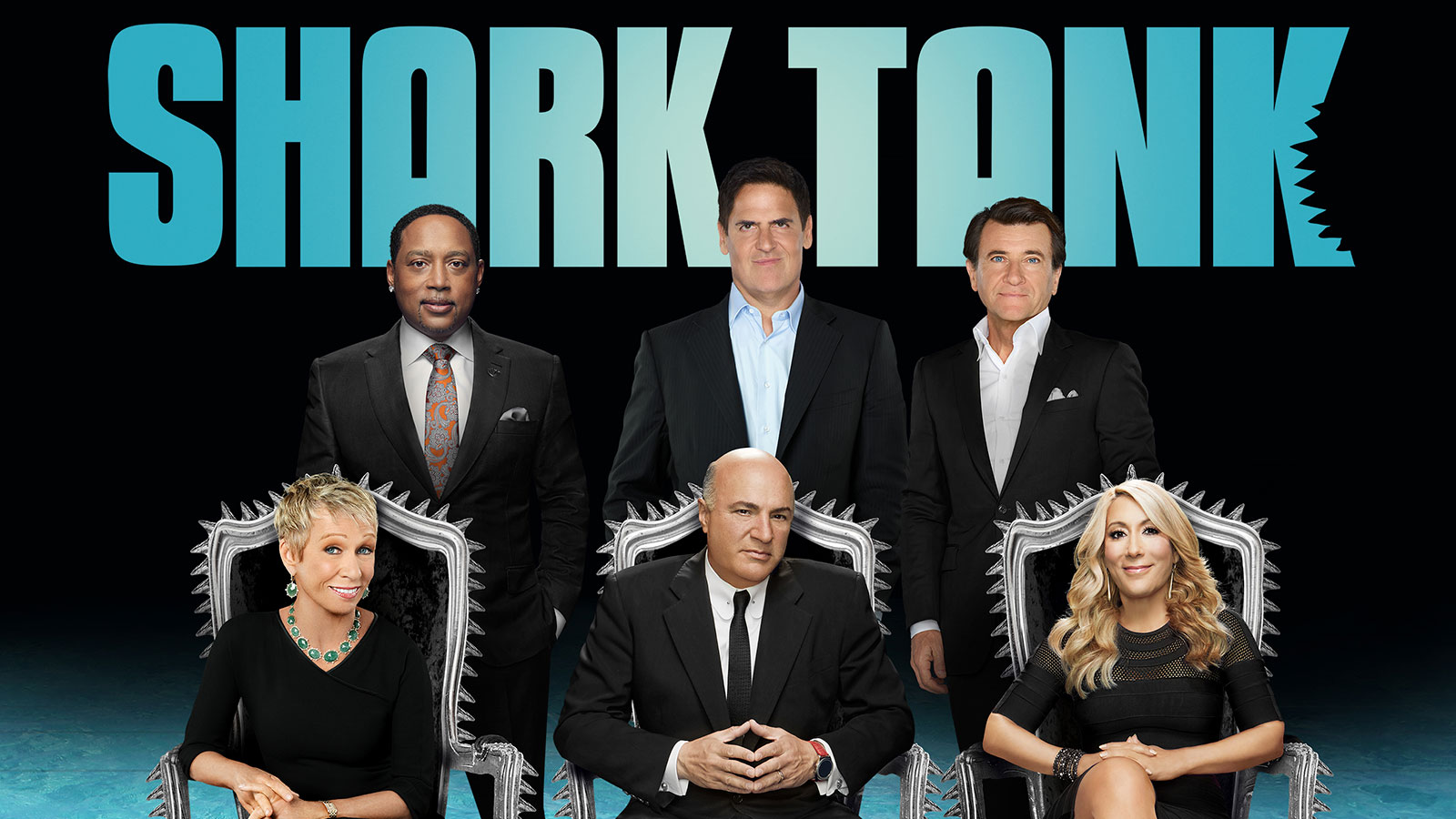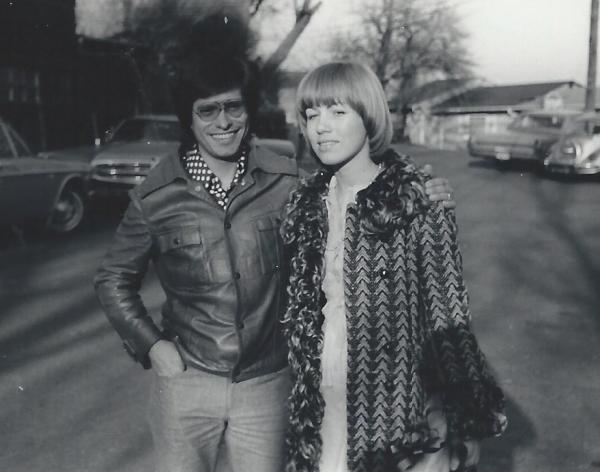How on earth a straight-D student with dyslexia – who had worked 20 different jobs by her 23rd birthday – managed to build a residential real estate empire in New York City is nothing short of miraculous. As a low-performing student, Barbara Corcoran was labeled the dumb kid. “I spent my entire life trying to prove once and for all that I’m not stupid,” she said. “That’s the truth. That’s what drives me.” In fact, proving people wrong has been a theme in the TV personality’s life.
At a recent technology industry event, Barbara shared her story and some key takeaways for anyone looking to run a successful business. It was a bumpy road to success from where she came, but her rags-to-riches story is inspiring.
 As one of the original sharks on the Emmy Award-winning TV show Shark Tank, Barbara has invested in more than 80 businesses and helping entrepreneurs realize their dreams. She sold her NYC brokerage firm, The Corcoran Group, for $66 million in 2001. She is the author of the best-selling book “Shark Tales: How I Turned $1,000 into a Billion Dollar Business!” and “If You Don’t Have Big Breasts, Put Ribbons on Your Pigtails: And Other Lessons I Learned from my Mom.”
As one of the original sharks on the Emmy Award-winning TV show Shark Tank, Barbara has invested in more than 80 businesses and helping entrepreneurs realize their dreams. She sold her NYC brokerage firm, The Corcoran Group, for $66 million in 2001. She is the author of the best-selling book “Shark Tales: How I Turned $1,000 into a Billion Dollar Business!” and “If You Don’t Have Big Breasts, Put Ribbons on Your Pigtails: And Other Lessons I Learned from my Mom.”
Barbara, who was one of 10 children, grew up in the blue-collar town of Edgewater, N.J. Her mother stayed home and raised the kids while her dad worked in a number of different jobs through the years to support the family. Despite the lack of an entrepreneurial mind in the household, nine out of the 10 Corcoran kids have grown up to own their own companies. Barbara credits her mom for a lot of her success – that and being told she would never succeed.
Use What You’ve Got
Barbara’s mother was a wise woman. Although she never worked outside the home, she was a powerhouse in organizational skills and motivation. One of her first pieces of marketing advice to Barbara was “use what you’ve got.” It was her mother who told her to put red ribbons in her hair while she waitressed at the local diner. The other waitress at the diner was rather busty and the men would flock to the diner just sit in her section. Barbara found it hard to compete with that, so she instead chose to accentuate her pretty blonde hair by wearing ribbons in her pigtails to make herself more attractive.
This apparently was a good strategy as the man who would become her boyfriend and business partner was rather smitten with the young waitress and her pretty ribbons. It was Ramone Simone, with his flashy clothes and flashy car, who convinced Barbara to move to New York City and give real estate a shot.
She knew that although she had struggled through school and had had more jobs by the age of 23 than most people have in a lifetime, she did have a great personality, a nice smile and was good at talking to people. Instead of focusing on the negatives, she put her energy into playing up those positives. “Good salesmanship is nothing more than maximizing the positive and minimizing the negative,” she said. In other words, use what you’ve got.
Turn Bad Experiences into Advantages
Barbara says that every one of her successes has come on the heels of failure. If you’ve ever read anything by Barbara, listened to her speak or watched Shark Tank, you probably know the train wreck story of her boyfriend Ramone Simone. But in case you haven’t heard the story, here’s the short version: He gave Barbara $1,000 to start her career in real estate. Together they created the Corcoran-Simone real estate brokerage. Barbara excelled as a salesperson because she was able to use the same skills she had used as a waitress. “I showed people homes, and I really enjoyed people. It wasn’t like I was selling them; I was just very energetic. And I did very well in sales right from the get-go.”

After seven years together, Ramone dropped a bombshell on Barbara telling her he was going to marry her secretary. Ramone and Barbara split the company in two with her taking half of the staff. As she was walking out of the door, Ramone did the one thing that Barbara said is the driving force behind her success. He insulted her. “He said, ‘You’ll never succeed without me,’” she recalled. “This was the best thing that ever happened to me. I remember looking at him and thinking ‘Oh yeah? I’d rather die than have you see me not succeed.’ I don’t think I would have succeeded in business through the recessions and the hard times without that insult.”
Keep Pushing Through the Hard Times
During one of the recessions Barbara lived through, things were especially rough for her business. Interest rates were lingering at 18- to 19-percent. Nobody was buying homes. She owed $300,000 on a line of credit she couldn’t pay. “For the first time, I really thought I was going down,” she said. Even her assistant told her they were going to have to close up shop. Again, being told she was not going to make it didn’t sit well with Barbara.
About that time, an insurance company approached her and asked her to sell 88 apartment units that had already been on the market for two years. Other firms had attempted to sell the units with no luck. The developer had run out of money midstream, so the apartments had no kitchens and no baths. Needless to say, it was going to be a tough sell and Barbara wasn’t sure she could find buyers for the properties.
But then she remembered Louise’s puppy sales. Louise was the lady who lived across the street from Barbara’s grandpa. She was a breeder of Jack Russell Terriers. “As a child, I would watch all these fancy cars lining up with rich women from New York City wanting to buy one of Louise’s puppies. But there weren’t enough puppies to go around. My mother said, ‘Louise isn’t so stupid. She invited all these city slickers in when she knew she didn’t have enough puppies.’” Louise had created such a demand for those cute little Jack Russells and nobody wanted to leave without one.
Barbara decided to have a “puppy” sale with those 88 units. “I priced all the units the same and called it a ‘secret sale.’ I sent invitations to 200 or more salespeople and told them we only had 88 units and they could only bring one client. But they’d better come early.” She had created a buzz and the perception that these apartments were hot items and would be snatched up in no time. And she was right. Within one hour, Barbara sold all 88 units and netted $1.3 million in commission. While most of her competitors were going out of business, she took her profits from those sales and opened another office. By the time the housing market began recovering, The Corcoran Group was the fourth largest brokerage in NYC.
Always Be Recruiting
Although selling real estate was what The Corcoran Group did, Barbara’s real business was growing and cultivating good salespeople. “I never thought once that I would build the business and sell it. That wasn’t my goal,” she said. “What I was building was a happy family. I was conjuring a business version of what my parents had done at home.”
In order to add to her happy work family, Barbara was constantly recruiting. “Going to the store or Starbucks, sitting on a plane – I never met anyone and had a conversation when it wasn’t an interview,” she said. “The person who ran all of my sales teams was an airline stewardess I met on a trip. The most talented sales manager I ever had was a concierge I met at a fancy hotel in New York.” One of the things she demanded of her salespeople was to interview potential salespeople every Thursday. “They fought me tooth and nail for the first year or so. We didn’t have a desk for any new people, so my salespeople didn’t understand why they had to interview when there was no place for them to sit. But here’s the magic that can happen.
“When a winner walks through the door, you’ll find a desk for them. So you can’t wait until you have the position open. You’re crazy if you wait for a position to open before you start interviewing. What you have to do is shop personalities constantly. And you have to get out and meet people.”
Barbara’s one piece of advice on hiring people is hire happy people. “I’ve found that happy people make you money. I don’t even care if they’re smart. Some of my best people are not so smart. It’s not an IQ contest, right? But I have high-energy eager beavers who want to please. And if they like to compete and don’t like to be told they can’t accomplish something, then you’ve got yourself a winner.”

